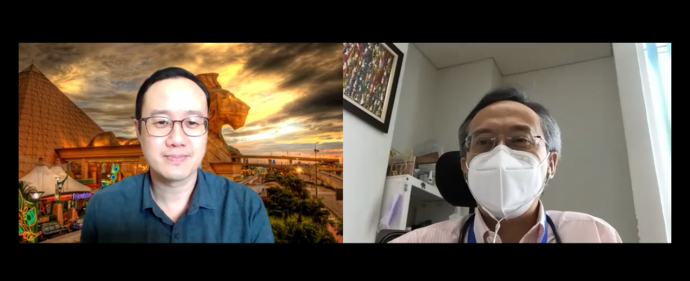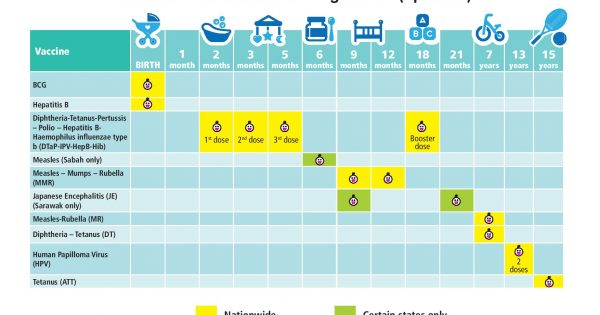When the Movement Control Order (MCO) was relaxed by the government, many people were able to return to work under the Conditional Movement Control Order (CMCO).
However, this does not mean that things have returned to normal. Instead, it is now time for most of us to assume the new normal. Strict standard operating procedures (SOPs) need to be followed to ensure no new clusters or waves of infection will emerge. It is still best for everyone to continue staying at home if there is no necessity to go out.
During the earlier phase of MCO, many people expressed how being “stuck” or “cooped up” in one location had taken a toll on their mental health. Some families were unable to see each other as they were stuck in different locations and this caused discomfort. On the other hand, some were faced with escalating domestic problems, even violence, at home and felt trapped.
For most people adjusting to these unusual conditions was stressful, especially for parents who had to multitask between working from home and parenting their kids, who had to continue schooling from home.
Recently, the chairman of Positive Parenting, Datuk Dr Zulkifli Ismail, sat down (virtually!) with one of our experts, clinical psychologist Prof Dr Alvin Ng Lai Oon, to talk about how this unprecedented situation has affected society, and what parents and family members can do to deal with any upcoming issues.
Prof Ng acknowledged how the whole situation with COVID-19 and the MCO has been stressful for everyone because of the drastic changes and restrictions. “The level of stress for everyone is much higher than usual. So it’s easier for any one of us to “lose it”, i.e. get angry quickly, start lashing out. There is a higher likelihood of people having conflicts within the household,” he explained. “So, it is a thing that we all need to manage and be aware of.”
Datuk Dr Zulkifli then asked him about suitable coping mechanisms for parents and families to deal with stress during this difficult time. According to Prof Ng, having “a structure or routine at home that everyone can follow” can be a way to help parents be more in control of their lives. Being uncertain of what to do can lead to a higher chance of tensions and conflicts, thus adding stress, he added.
To avoid conflicts of interest, communication is also important when planning schedules. Open communication should be encouraged and spouses need to listen to one another. Prof Ng said, “We all need to learn to communicate very clearly as to what we want and don’t want, and whether or not we need some space, and be alone, for a while.”
It may be difficult to find a quiet time for ourselves during this period, especially for bigger families, but it is also another way to cope with stress. Prof Ng stated that parents need to cooperate and take turns to manage the kids. “One of the parents then can get some quiet time… to just chill and re-centre,” he added.
Prof Ng admitted that this situation is new to everybody. “We’re in uncharted waters here. I can give advice, but it won’t work for everybody,” he said. “Some family members may not understand the need for that quiet time. Some people may not even want to have that quiet time, but they want certain kinds of support.” So, it is important to understand the different dynamics in each family, he added.
Prof Ng gave one final piece of advice: “Be kind to each other. The enemy is the virus, not us. We’re all in this together. Let’s help each other out… Also, be kind to yourself.” He urged anyone with difficulties to reach out and seek help early before a problem becomes any bigger. Datuk Dr Zulkifli shared that anyone with family problems or facing domestic violence can call the Talian Kasih at 15999 or WhatsApp 019-2615999.







Comments